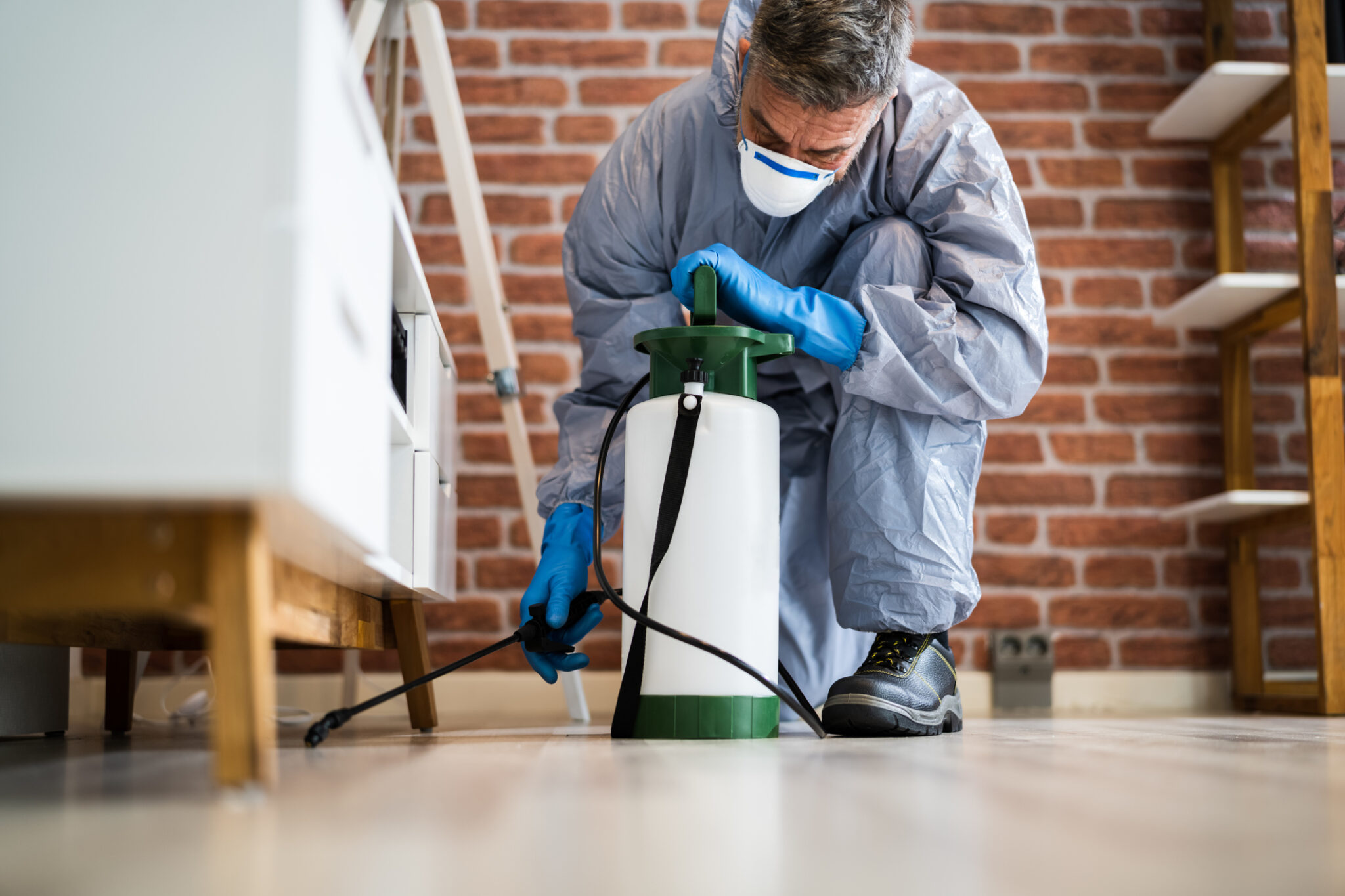How to Manage Pest Control in Vacation Rental Properties

Pests are more than just an inconvenience—they can damage your property, harm your reputation, and lead to costly remediation. For vacation rental property managers, proactive pest control is crucial to maintaining high standards and providing a comfortable stay for guests.
This guide will explore practical tips and strategies for managing pest control in vacation rentals. From prevention measures to handling infestations, we’ll help you keep your properties pest-free and guest-ready year-round.
Why Pest Control Matters in Vacation Rentals
Pests like ants, cockroaches, rodents, and bed bugs can quickly ruin a guest’s experience. Negative reviews stemming from pest issues can impact your online ratings and reduce bookings.
Effective pest control provides:
- Guest Satisfaction: A clean, pest-free environment enhances the guest experience and encourages repeat stays.
- Property Preservation: Pests like termites and rodents can cause significant damage to your property if left unchecked.
- Compliance with Health Standards: Adhering to local pest control regulations helps protect both guests and your reputation.
Common Pests in Vacation Rentals
Vacation rentals are often susceptible to certain pests, depending on the location and property type. Understanding the common culprits is the first step toward prevention.
- Ants: Attracted to food crumbs and spills, ants can infiltrate kitchens and dining areas.
- Cockroaches: These nocturnal pests thrive in warm, damp environments and are a health hazard.
- Rodents: Mice and rats can enter properties through small cracks, causing structural damage and contaminating food.
- Bedbugs: These tiny insects hide in mattresses and furniture, feeding on human blood and causing itchy bites.
- Spiders and Wasps: Often found in outdoor areas, these pests can be a nuisance to guests enjoying patios or gardens.
Preventative Measures for Pest Control in Vacation Rentals
Prevention is the best defense against pests. Implementing proactive measures can save you from dealing with infestations down the line.
Regular Cleaning and Maintenance
Cleanliness is key to deterring pests. Schedule thorough cleanings between guest stays, focusing on areas where pests are likely to hide or feed.
- Wipe down counters and surfaces to eliminate food residue.
- Vacuum carpets and furniture to remove crumbs and debris.
- Dispose of trash promptly and store waste in sealed bins.
Seal Entry Points
Inspect your property regularly for potential entry points, like cracks, gaps, and holes. Use caulk, weather stripping, or steel wool to seal these openings.
- Check doors and windows for gaps.
- Repair damaged screens and vents.
- Inspect the foundation for cracks or crevices.
Maintain Outdoor Areas
Landscaping can play a role in pest prevention. Keep the exterior of your property tidy and unattractive to pests.
- Trim bushes and trees to prevent pests from accessing the building.
- Remove standing water, which attracts mosquitoes and other insects.
- Store firewood away from the property to deter termites.
Store Food Properly
Encourage guests to practice good food storage habits by providing clear instructions.
- Offer sealed containers for pantry items.
- Ensure refrigerators are clean and functioning properly.
- Provide garbage bags and reminders to dispose of waste correctly.
Responding to Pest Infestations
Even with the best preventative measures, pests may occasionally find their way into your property. Swift and effective action is essential to minimize damage and guest complaints.
Identify the Problem
Accurate identification of the pest is crucial for choosing the right control method. Look for signs like droppings, nests, or visible damage.
Use Safe Pest Control Methods
Choose eco-friendly and non-toxic solutions whenever possible, particularly for indoor areas where guests will stay.
- Use traps for rodents and insects.
- Apply natural repellents like diatomaceous earth.
- For severe infestations, consider hiring a professional pest control service.
Communicate with Guests
If pests are reported during a guest’s stay, apologize promptly and offer solutions. Depending on the severity, you might need to provide compensation, like a discount or free night.
Working with Professional Pest Control Services
Partnering with a reliable pest control service can provide peace of mind and expert guidance. Look for a company that offers regular inspections and preventative treatments, eco-friendly and safe pest control methods, and emergency services for urgent infestations.
Technology and Tools for Pest Management
Modern tools can help property managers stay ahead of pest problems. Consider integrating these technologies into your pest management plan:
- Smart Traps: These devices alert you when a pest is caught, making monitoring more efficient.
- Pest Control Apps: Track maintenance schedules and receive notifications for upcoming treatments.
- Moisture Sensors: Prevent moisture buildup, which attracts pests, by monitoring humidity levels.
Managing pest control in vacation rentals is an ongoing process that requires vigilance, planning, and the right resources. By implementing preventative measures, responding quickly to infestations, and partnering with professional services, you can ensure a pest-free experience for your guests.
At Safely, we understand the challenges of maintaining vacation rental properties. Beyond pest control tips, we provide expert guidance on guest screening, short-term rental insurance, and more. Explore our resources to make your property management journey smoother and more successful.
FAQs About Pest Control in Vacation Rentals
How often should pest control treatments be scheduled?
Preventative treatments should typically be done quarterly, but properties in high-risk areas may require monthly services.
Can I charge guests for pest control if they cause an infestation?
Policies vary, but documenting evidence of negligence (e.g., food left out) can help you justify a charge.
What’s the best way to handle bed bugs?
Bedbug infestations require professional extermination. Promptly remove affected furniture, launder all linens at high heat, and treat the area thoroughly.






